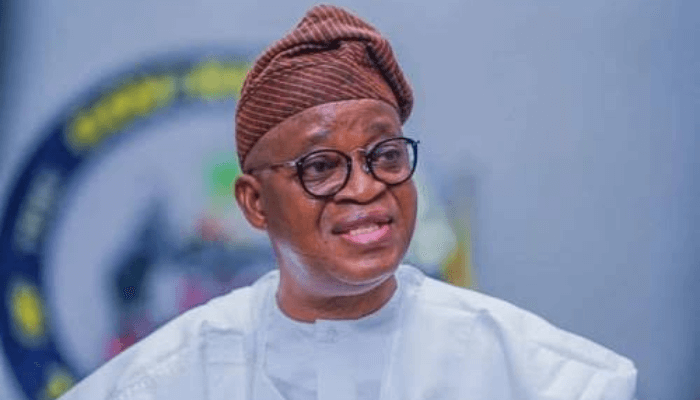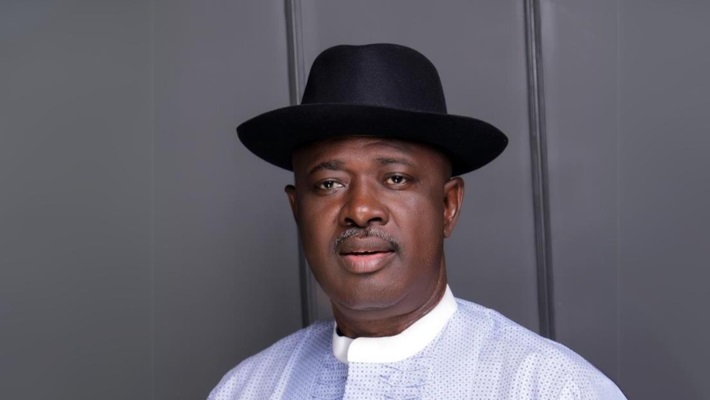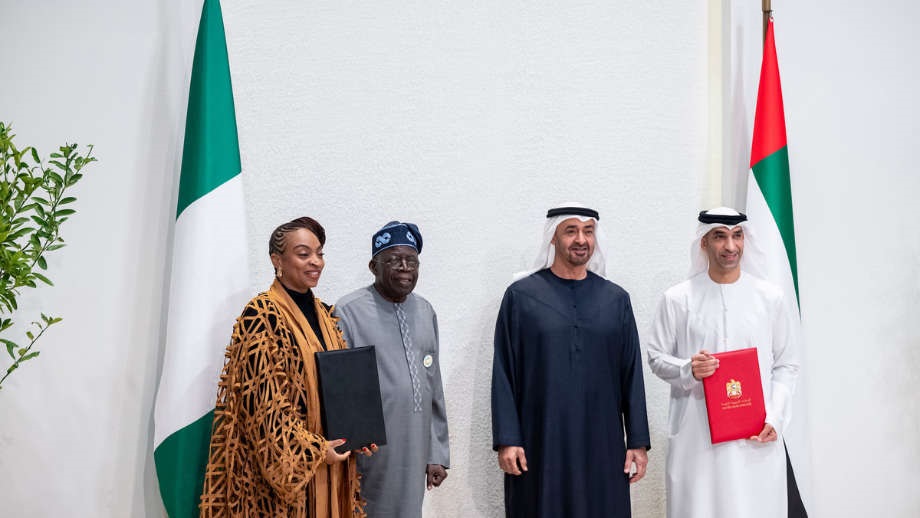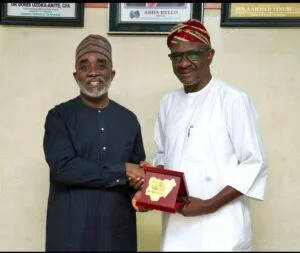The Federal Government has unveiled a new National Marine and Blue Economy Policy aimed at reducing logistics costs, boosting trade competitiveness, and attracting private sector investment into the maritime and transport sectors.
Minister of Marine and Blue Economy, Adegboyega Oyetola, disclosed this on Wednesday at the 2025 Transportation Correspondents Association of Nigeria (TCAN) Annual Summit in Lagos.
Represented by Dr. Mercy Ilori, Director of Maritime Services, Oyetola said the policy would provide a framework for seamless intermodal integration across road, rail, barge, and pipeline networks, positioning Nigeria as a logistics hub for West and Central Africa.
“By lowering the cost of doing business, improving turnaround times and creating an enabling environment for private capital, we are positioning Nigeria as a preferred logistics destination in Africa,” Oyetola said.
He listed key interventions, including the operationalisation of the Lagos–Ibadan Standard Gauge Rail line for port cargo evacuation, expansion of barge operations at Lagos and Onne ports, completion of the Apapa–Oshodi Expressway, and the commissioning of the 27-kilometre Lekki Port Access Road. He also highlighted the development of inland dry ports in Ibadan, Kaduna, Kano and Funtua.
Oyetola stressed that collaboration among shipping lines, terminal operators, freight forwarders, investors and regulators would be critical, while urging the adoption of digital, green, and climate-resilient logistics solutions.
Also speaking, Minister of Transportation, Sa’idu Ahmed Alkali, said government had recently approved the long-awaited National Land Transport Policy. Represented by Dr. Kayode Opeifa, Managing Director of the Nigerian Railway Corporation, he described the policy as a tool to drive reforms in the land transport sub-sector.
Alkali praised President Bola Tinubu for championing transport sector reforms through policies aligned with the Renewed Hope Agenda to make public transportation more efficient, secure and affordable.
Earlier, TCAN Chairman, Tola Adenubi, lamented the absence of a comprehensive transport policy, which he said had left the sector uncoordinated and overly dependent on roads, with other modes such as rail, air and waterways facing their own challenges.





